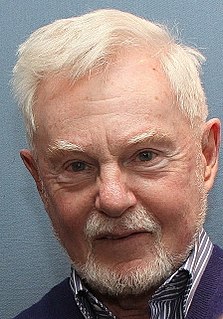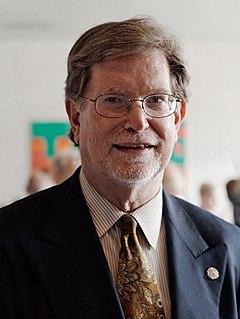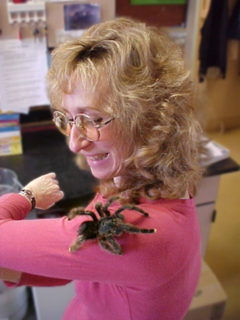A Quote by Eileen Wilks
Humans were peculiar. They were by turns squeamish and appallingly violent.
Related Quotes
This so-called ill treatment and torture in detention centers, stories of which were spread everywhere among the people, and later by the prisoners who were freed, were not, as some assumed, inflicted methodically, but were excesses committed by individual prison guards, their deputies, and men who laid violent hands on the detainees.
When I was seven or eight years old, I began to read the science-fiction magazines that were brought by guests into my grandparents' boarding house in Waukegan, Illinois. Those were the years when Hugo Gernsback was publishing 'Amazing Stories,' with vivid, appallingly imaginative cover paintings that fed my hungry imagination.
The men who committed the atrocities of September 11 were certainly not "cowards," as they were repeatedly described in the Western media, nor were they lunatics in any ordinary sense. They were men of faith—perfect faith, as it turns out—and this, it must finally be acknowledged, is a terrible thing to be.
You have the effrontery to be squeamish, it thought at him. But we were dragons. We were supposed to be cruel, cunning, heartless and terrible. But this much I can tell you, you ape – the great face pressed even closer, so that Wonse was staring into the pitiless depths of his eyes – we never burned and tortured and ripped one another apart and called it morality.
It was not that I disliked people; some of them were interesting and kind. But even the nice ones were no more compelling or important to me than other creatures. Then, as now, to me humans are but one species among billions of other equally vivid and thrilling lives. I was never drawn to other children simply because they were human. Humans seemed to me a rather bullying species, and I was on the side of the underdog.
It's not that humans and non-humans are identical... but the lack of understanding that led to the slave trade is the same lack of understanding many people have about animals today. When slaves were brought over from Africa, many people believed they were not humans, that they didn't have feelings. Many people believe that primates and other animals don't have feelings, too, but they do.
Once upon a time ... the only autonomous intelligences we humans knew of were us humans. We thought then that if humankind ever devised another intelligence that it would be the result of a huge project ... a great mass of silicon and ancient transistors and chips and circuit boards ... a machine with lots of networking circuits, in other words, aping-if you will pardon the expression-the human brain in form and function. Of course, AIs did not evolve that way. They sort of slipped into existence when we humans were looking the other way.





































